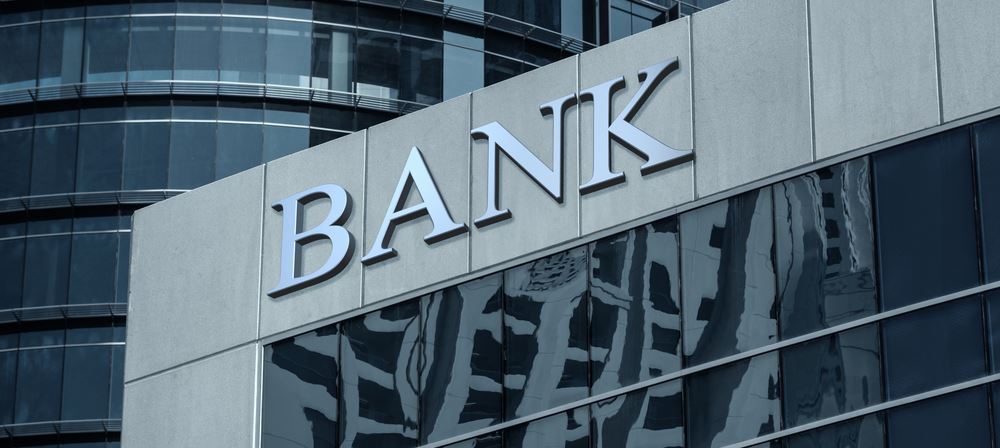Risks in the Insurance Sector

Managing compliance risk is crucial in the challenging environment of the insurance industry. However, because of increased consumer awareness and expectations, evolving business models, new technologies with emerging risks, new waves of regulations, and an unprecedented level of sanctions, insurance companies must revise their risk strategies and invest heavily in compliance.
4 emerging risks for the insurance industry, its customers and society at large
- Reduced market access.
Western countries that have historically promoted free trade and financial globalization have recently experienced upturns in politically motivated nationalism and protectionism. Such developments may eventually lead to trade barriers and market access issues around the globe. The ultimate result could be a slowdown in economic growth and in the international expansion of multinational corporations, including large insurance companies.
- Hijacked money: Political risk of forced investments.
Global re/insurance companies held assets of $32 trillion in 2015, 75% of which were invested in fixed income assets, according to the Swiss report. Many European governments try to kick-start economic growth in their countries while being confronted with high levels of public sector debt, rising entitlements, and enormous future liabilities. Pools of large, managed assets are attracting their attention.
Privately held assets have also come under scrutiny of governments in order to spur growth and funding preferred industries. Many populist parties favor such programs.
Such policies would amount to a partial confiscation of insurers’ assets. If more widespread, they would put the industry under threat. Limitation to “only small” percentages of total assets could erode over time, and an ever-larger part of assets could then be sequestered. From an operational perspective, it would pose grievous problems to asset-liability management.
- The return of inflation.
Inflation affects insurers in various ways: it influences investment returns, asset valuations and, particularly, future, longer-term insurance liabilities. For insurance liabilities, medical and social cost escalation are of particular importance.
- Cash repression: The paper money squeeze.
There is growing criticism of paper money and coins, and a small but increasing number of companies and service providers no longer allow for cash payment.
The insurance industry is investigating scenarios of cash repression, ranging from writing business digitally, to an entirely cashless economy. Cash repression poses a significant risk for insurers, because it deprives them of the option to store cash physically, and allows for even more pronounced negative interest rates.
An end of paper money could pave the way for even lower negative interest rates, with severe assets risks for insurers.






Responses